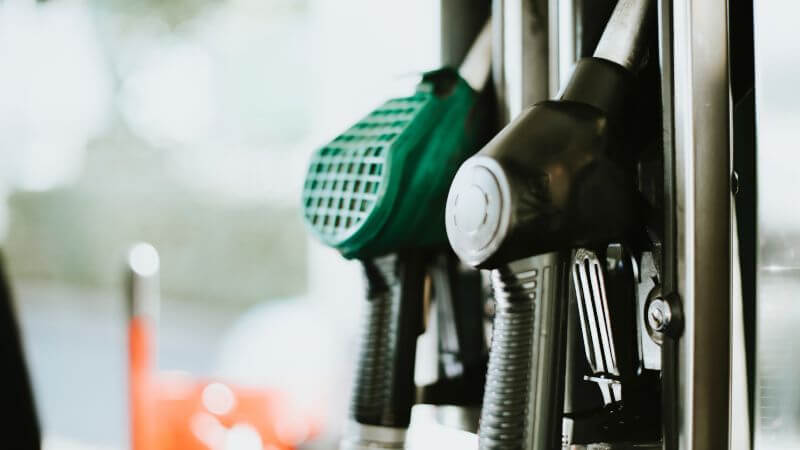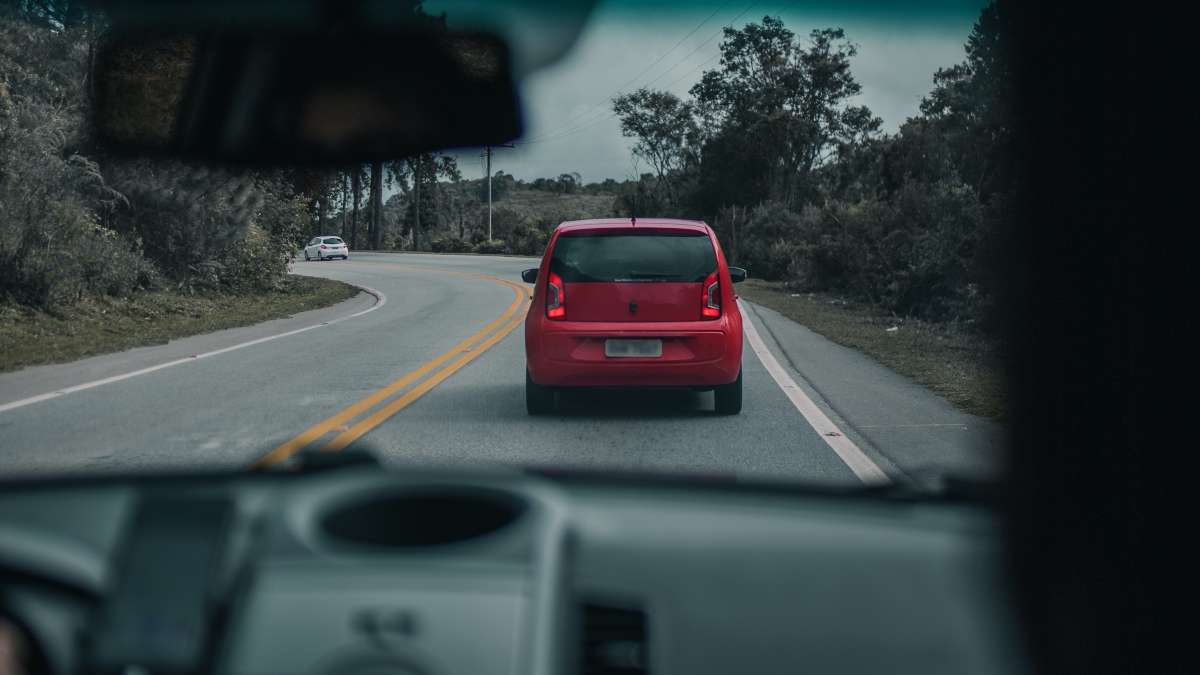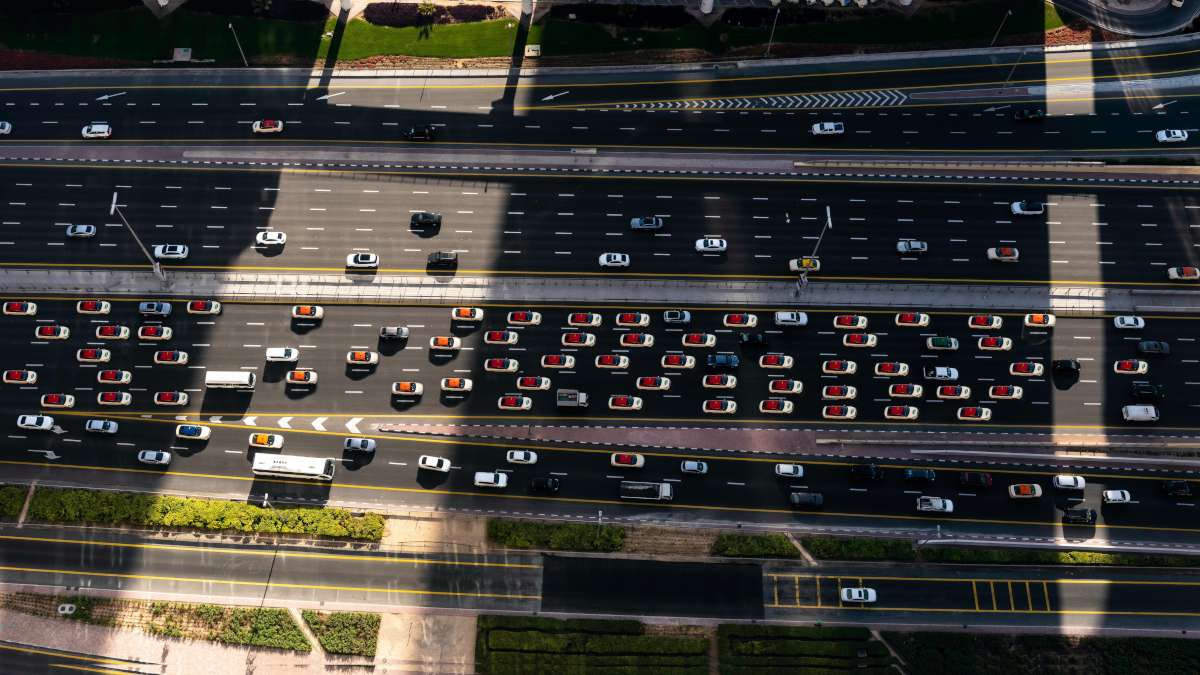
Fuel costs. They only ever seem to go up, right? Unfortunately neither you or I can control that. It’s up to the oil oligarchs of far off lands.
But all is not lost. What we can do is control how we use our fuel to get the best use possible out of it. And yes, actually cut our own fuel costs.
If you’re anything like me, you are always worrying about your fuel costs. Maybe your last expenses report left you thinking that you really need to take action to cut down on your budget.
Well, help is at hand. We have a list of practical tips for you to make a real, practical effort. Yes, some of them may seem like we are stating the obvious, but they are easily forgotten amid the humdrum of our everyday lives.
Practical tips for cutting down on your fuel costs
So, where do we start? Actually you can begin before you even turn the key and start burning that liquid gold. As you’ll see, our advice covers the whole spectrum and includes some extra tips for those of you that also manage/are in charge of a fleet of vehicles.
Off-road tips
Get your vehicle serviced
Yes, really! It’s amazing how many people an business may skip one or two services to try and save money, or worse still, just forget and neglect their vehicle(s). Your first priority is to make sure that everything on your vehicle works well. Maintenance should be a priority, not only for your safety on the road, but also for your vehicle’s fuel economy. For example, with Veturilo’s diagnostic trouble codes you can get alerts and notifications whenever there’s an issue with your vehicle’s health. Checking your vehicle’s health helps you to resolve and prevent any issues that might keep your vehicle from performing its best, especially when you’re planning long-distance trips.
So, make sure you visit a service station and leave the rest to the experts. They will take care of all routine service tasks, such as cleaning or replacing air and oil filters, checking your brakes and anything of importance.Tip for your fleet:
In order to make sure all of your vehicles have been checked, you can schedule your annual or monthly checkups in advance, based on how frequently you use them.
Check your tires
Tires are essentially the “foundation” of your vehicle. They support the vehicle’s weight and cushion it against road surface irregularities. In particular, having your vehicle’s wheels improperly inflated and aligned, wastes extra fuel consumption. In addition, worn out tires may cause skidding, which may lead to an accident. Demonstrate extra caution regarding the state your tires are in. They can add significantly to cutting your fuel costs.
Adjust optimal air pressure
Make sure that you regularly check the air in your tires. Find out the exact recommended tire pressure for your vehicle and adjust it on temperature levels or on weight. The air expands and increases pressure in summer, reduces it in winter. It may seem a small detail, but the phrase “every little helps” has never been more relevant if you want to optimize and cut your fuel costs.
Replace old/worn out ones
If your vehicle’s tires are worn out, this means that they lose features and characteristics that affect quality. For example, they might lose their ability to grip the road or to drain water. So make a choice that guarantees your trips’ safe driving no matter the weather conditions. The extra cost of replacement will pay you off. Moral of the story, it’s better to invest in the slightly more expensive option than go for a cheap product which will wear out faster and perhaps bring you more problems.Tip for your fleet:
Make sure that all of your drivers are well informed concerning optimal air pressure. Inspect your entire fleet and make a financial plan to gradually replace all of your vehicles’ worn tires. Offsetting the replacement period every few vehicles will also help you manage your budget more smoothly.
Use eco-friendly fuel
The type of fuel you use (gasoline, diesel, ethanol etc.) affects your machine’s efficiency in a big way. If you’re not sure whether your car is compatible with some type of eco-friendly fuel, you should consult the owner’s manual or ask for advice from an expert.Tip for your fleet:
Consider making any adjustments to your everyday routes, based on your vehicle’s make and model, or just select the appropriate vehicle for each trip. Prefer low fuel consumption vehicles for long trips.
Reduce dead-weight
Hopefully you won’t be concealing any bodies in your trunk. Leave that to the Hollywood masterminds like Quentin Tarantino. But whatever you may have in there, do remove any useless, heavy items that are stored in the trunk of your car. Many people leave heavy, tools or other equipment. Just don’t do it. Also, always detach your roof rack if you are not using it. Extra weight and wind resistance means extra fuel consumption. That aside, items that are not fixed in place are prone to wear and tear, and may even cause an accident. If you have no other choice, your best option is to carefully place and secure any cargo in your trunk. Keep in mind that a container box on the roof of your car causes energy waste, due to aerodynamic drag. That’s why you should avoid it, whenever possible.Tip for your fleet:
Unless you manage a transportation fleet or a fleet that needs complementary equipment, you can occasionally re-inspect all vehicles to make sure there is no extraneous load. You can, at least, check your vehicles right before long-distance trips.
To sum up
Before you even turn the key to fire up your engine, you can take considerable steps to cut down on your fuel costs. Whether you own one or a couple of cars for personal use, or you are in charge of an entire fleet of vehicles, pay attention to a few small details. If you do, you’ll definitely see a change in your fuel expenses. The devil is in the details, right? So, get ready, fasten your seat-belt and have a great fuel-effective trip!

